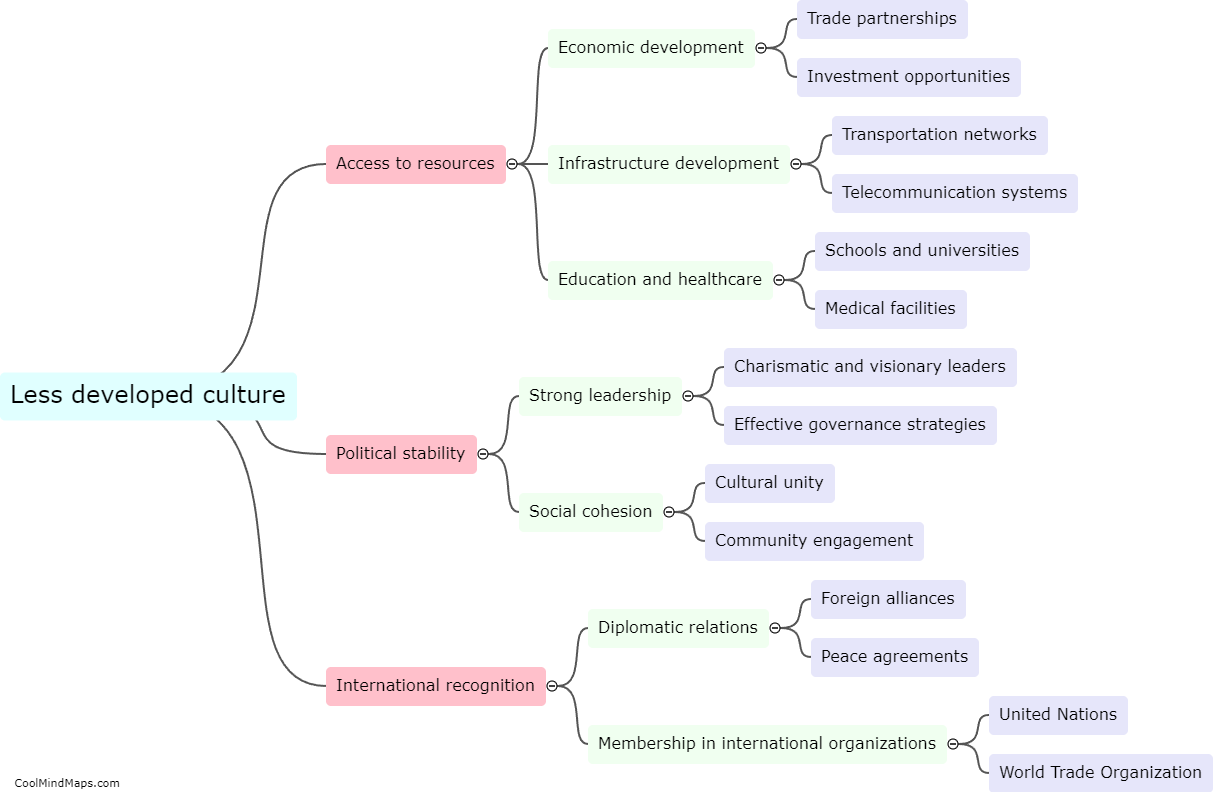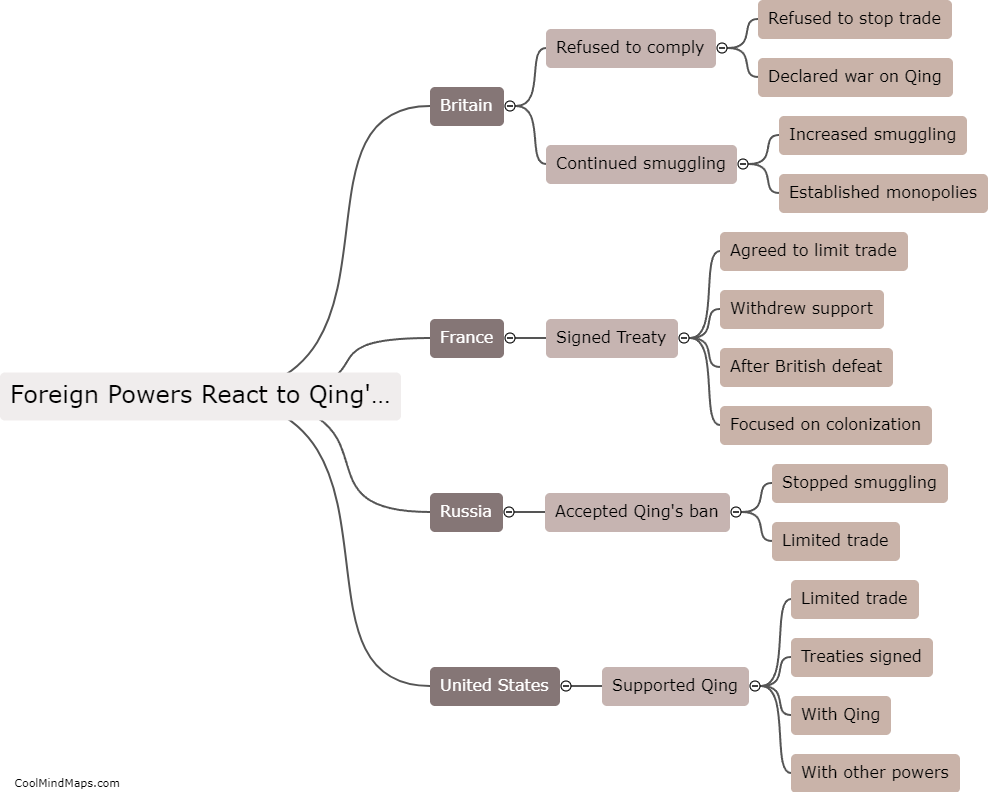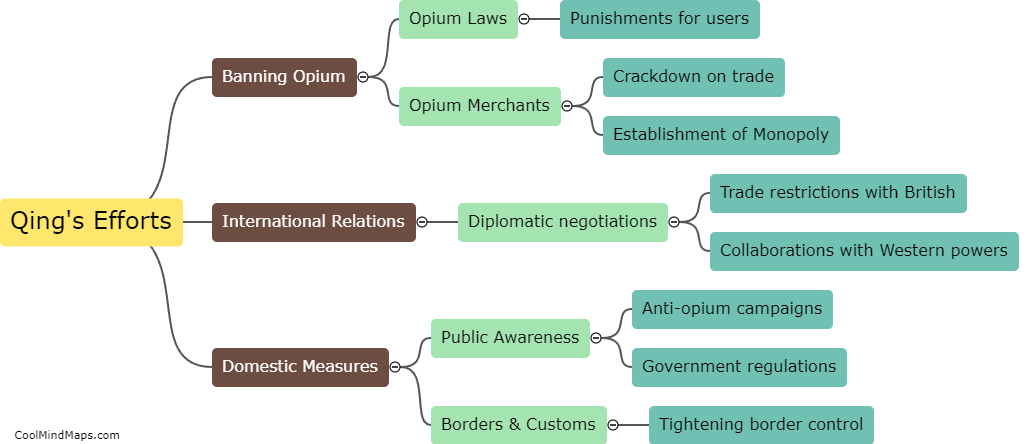Why were the Qing's efforts to limit the opium trade unsuccessful?
The Qing Dynasty's attempts to restrict and control the opium trade were largely unsuccessful due to a combination of internal and external factors. Internally, corruption among government officials was rampant, with many being easily bribed by foreign traders involved in the opium trade. This undermined the effectiveness of enforcement efforts. Additionally, the opium addiction problem had already deeply rooted itself within Chinese society, making it difficult to eradicate the demand for the drug. Externally, the British, who were the primary suppliers of opium, were determined to maintain their lucrative trade with China at any cost. They resisted Chinese efforts to control or ban opium imports, and the resulting conflicts led to the First Opium War, which China inevitably lost. Ultimately, the Qing dynasty's inability to effectively combat the opium trade can be attributed to a combination of internal corruption and external pressures from foreign powers.

This mind map was published on 18 September 2023 and has been viewed 98 times.











